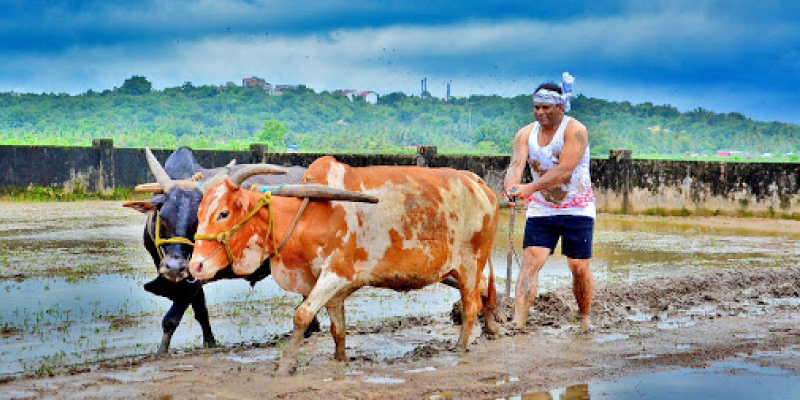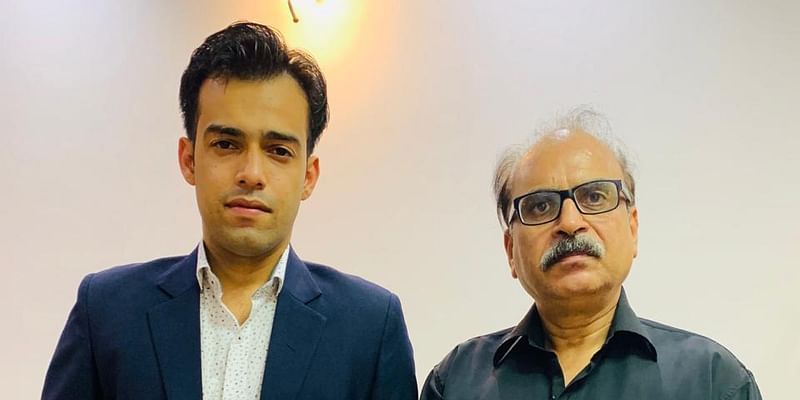Goa minister Rohan Khaunte is all in for supporting farmers and preserving agricultural lands
In a bid to revive interest in agriculture, Goa’s Minister for Revenue, IT, Labour and Employment, Rohan Khaunte is working to introduce a bill, which when enacted, that would prohibit the sale of agricultural land to non-agriculturalists to encourage farming in the state.

According to reports in The Economic Times and the Herald, Shri Khaunte spoke about these plans after taking to the fields to plan paddy saplings as part of a social media challenge to encourage agriculture in the state.
The minister, along with a few of his colleagues, visited the fields to show the youth of the state that agriculture is something that they should consider as a sustainable vocation. Goa has Farmers Clubs in each district, which came together last month to celebrate a Krishi Melava, organized by the Directorate of Agriculture. Participating in the celebration, Shri Khaunte said that the government had been providing farmers with high yielding seeds, modern equipment such as tractors and harvesters as-well-as fertilisers. There was special focus put towards organic farming as well.
This is a big leap towards the conservation of agriculture sector in the state, where it has declined in the face of rising tourism and the growth of other service sectors. When Goa joined the Indian Union in 1961, 50 percent of its citizens were engaged in agriculture. Nearly six decades later, that number has fallen to less than half. What’s more worrying is that many erstwhile farmers gave up agriculture because it became more profitable to use their land for other purposes. A worrying statistic for India’s smallest state and more so because more than three-quarters of land in the state is rain-fed and irrigation is not a problem.
If Goa can find a model of finding the perfect balance of preserving its agricultural lands while modernising the practice to provide higher returns, it would make the state government stand out in its bid to make the state self-sufficient in terms of agricultural produce.










![[The Turning Point] Why pay brokerage? The idea that led to real estate startup NoBroker](https://images.yourstory.com/cs/2/730b50702d6c11e9aa979329348d4c3e/NoBroker-1587120686615.png)
